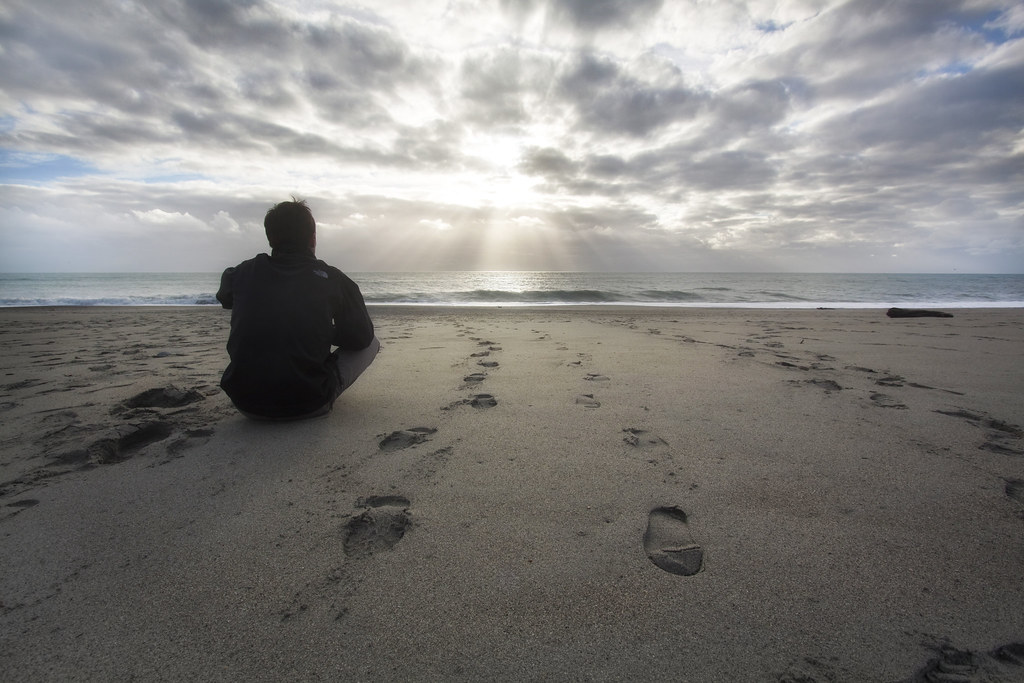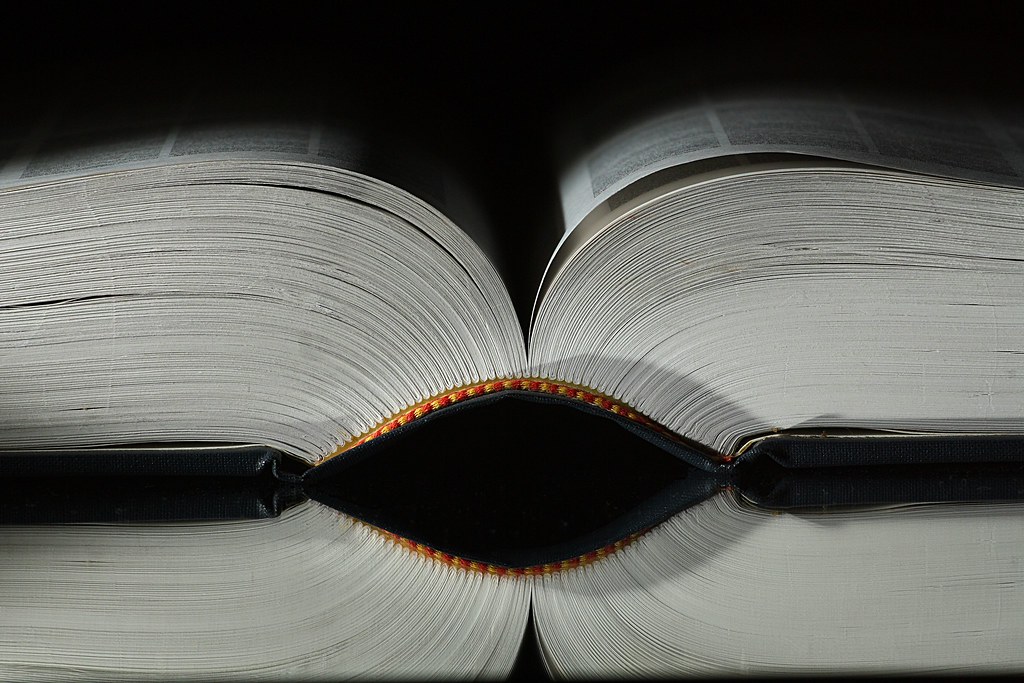I don’t profess myself to be an expert, but we tend to take advice from peers over theorists with a thousand books under their belt – illogical really, but I’m happy to pass on my top tips to get your first year right. While it may not matter to your final degree it’s still the foundations on which you’ll build your next two years which do contribute to your final grade.
Essay Writing
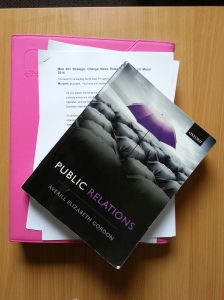
If you ever need to write an essay on the effectiveness of PR – Averill Gordon is your best friend. Always refer to the ‘two-way symmetrical communication model‘ (Gordon, 2012:56). In the real working world theoretical approaches and studies aren’t really used day-to-day (frankly, if ever) but this is one I’ve always kept in my head as an ‘ideal’ – in a nutshell, an organisation and a public communicating back and forth and both parties adjusting to one another.
I highly recommend her book ‘Public Relations’ for first year – it’s easy to read and provides a lot of other theories and approaches to various aspects of the profession which are great for references in essays.
Speaking of which – learn to reference. Referencing drives me round the bend and back, probably because I had about 6 hours of being taught how to do it properly. It’s just a simple formula to follow and saves your skin when it comes to checking for plagiarism. And my top tip – do it first. Don’t write an essay with quotes you ‘will reference later’ – trying to find quotes again to references them is so incredibly tedious and takes forever, save yourself time by getting all this admin stuff out the way first.
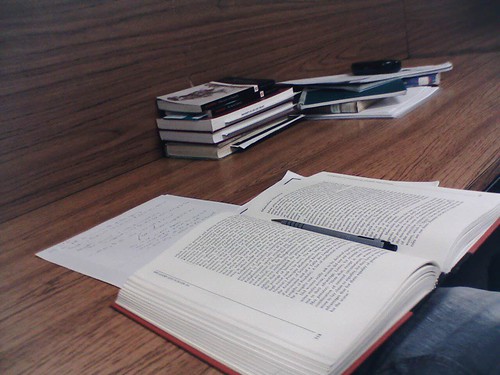
Flickr – Tim Riley
Since I first began writing academic essays I’ve always been taught to PEE. And I can’t tell you how many jokes teachers made saying that sentence. Definitely worth an eye-roll. To PEE effectively first you must make your point, a single sentence should suffice. Follow this up with your evidence, the quote to support your comment (included with reference!). Then go on to explain your point in detail, but be as concise as possible. My top tip is to continually question – make a point, but consider what others say, consider how relevant it is, bring in other ideas and question the connections etc.
Writing News Releases
In first year news release assessments were roughly 2 hours long and only required 300 words. Sometimes it’s about pulling out a really dry brief to hit the target, other times it’s about clipping and snipping out the least relevant information to get down to the limit. It’s difficult to give advice on news releases because their so content-dependent, but here’s a few tips I can offer:
– Use simple sentence structures – remember you’re writing to get into a newspaper, write like a journalist.
– Be as to the point as possible – word limits are half the challenge of becoming a successful writer
– Remember your client – something Chris Rushton always said was that you have to be schizophrenic to be good at PR; meet the needs of your client and meet the needs of journalists by being able to take each standpoint simultaneously.
Research
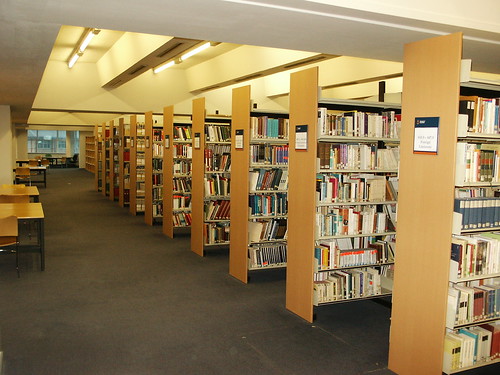
Flickr – Colin
Research for essays shouldn’t just be books – make sure you look at academic journals and online sources too. The CIPR website has an abundance of articles that are brilliant for your essays. Don’t forget ‘PR Week’, as a CIPR member I get this through my door monthly and it’s proved invaluable for having experts to quote in my essays.
Research for your campaigns shouldn’t be continually within the remit of your friends and through social media. It’s the easiest way to get survey responses but think – is that really the public you’re targeting and the best way to target them? As scary as it is you need to start getting out and talking to people outside of your friendship group. Research for a campaign is the basis for everything you’ll plan so it’s best to get it right.
Networking
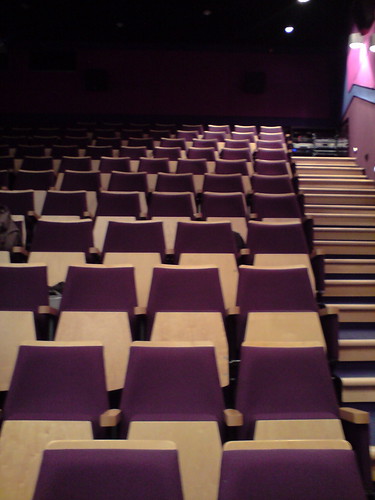
Flickr – Paul Wilson
It’s not absolutely necessary to have a contact book full of PR practitioners at this stage, but it’s a good time to start making connections. Guest lecturers are excellent contacts to have and easy to make because they’re in your classroom – they’re expert enough to lecture but they’re still working professionals in touch with the industry now.
You’re probably not ready for a proper PR job yet, and probably not confident enough yet either, which is why placements and work experience are invaluable to you. In my first year they weren’t required, but they were in my second. When it came to everyone finding placements, those who had connections were sorted and the stress was lifted early – think about your CV and practice emails that explain the skills you’ve learned and why you’d be good for the organisation you’re applying to – it’s great you’ll get something out of it, but show them what’s in it for them.
Social Media

Flickr – Mindy McAdams
I’m entirely guilty of previously using Twitter as a way to vent my anger or complain about my immune system (I’m convinced it’s conspiring against me). But now employers are starting to look at your social footprint and if you’re like me, it’s best to delete the plethora of grumpy tweets and indirect venting at one of your followers you dislike – time to stop being so ‘high school’. What you put online can be seen by everyone and employers are increasingly checking your profiles. I heard recently of an organisation asking for an impressive Instagram portfolio… mine’s pretty much just of my cats… oopsie.
Think about what you’re putting online, you may (like me) not actually be a grumpy person, but use social media as a good way to vent, but that will be the image you put across.
So there are my top tips to do well in first year. Best of luck with the essays and campaigns, fingers crossed with making important connections, and I hope you have many fun hours deleting years of grumpy tweets!
